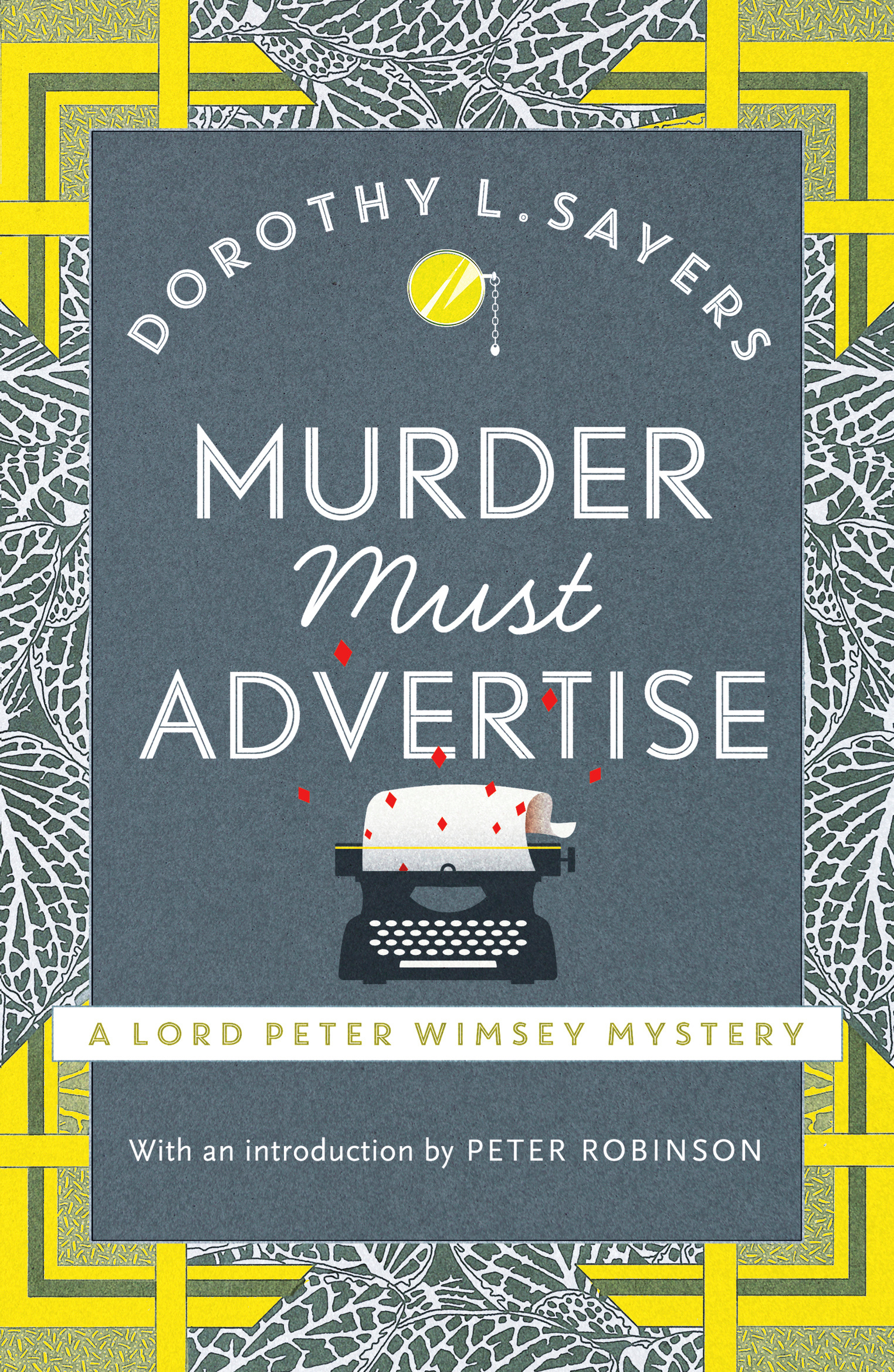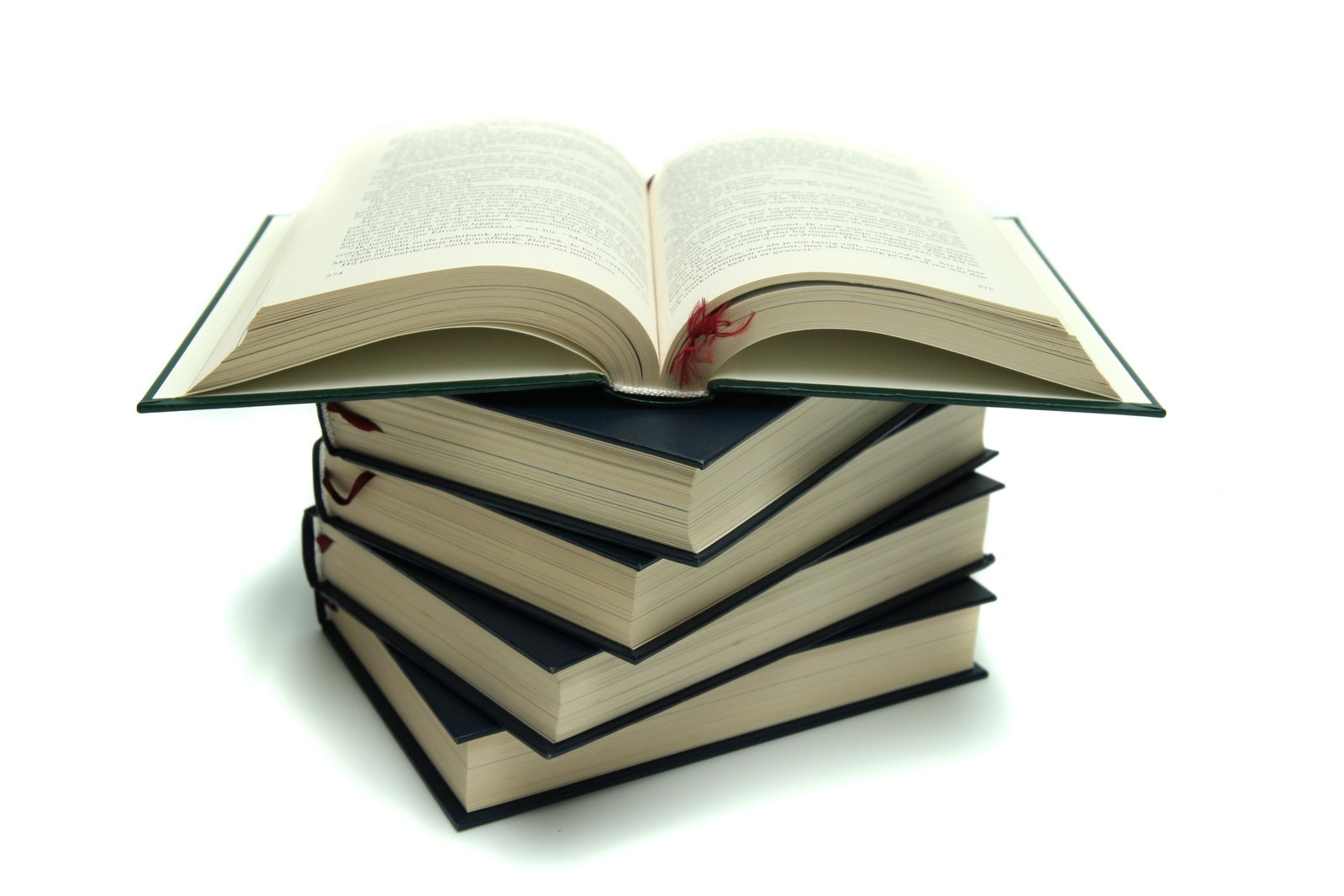
Dive into the greatest novels of the "Who Done It" genre, and hone your literary detective skills with the experts!
Instructor Access (Optional grading support) is available for this course. Please note: this is ONLY recommended if you wish to write the optional paper. All quizzes are internally graded in this course.

How to get the most out of The Golden Age of Mystery Fiction With Eleanor Bourg Nicholson:
-
First, read the Sherlock Holmes stories (provided below) before viewing Class 1.
-
Then have a notebook ready and available for class notes.
-
Read assignments before class meetings
-
Do the assignments, quizzes, and any extra work assigned for that week.
-
Once the course is completed to the parent's satisfaction, there is a Certificate of Completion at the end to be filled in for your records.
Special Notes: Optional writing component available.
Total classes: 12
Duration: 55 minutes.
Prerequisite: Willingness to read and openness to enjoying the works. Read the assigned Sherlock Holmes stories. Strongly recommend taking "Victorian Detective" recorded course in preparation.
Suggested Grade Level: 9th to 12th grade
Suggested Credit: 1 Semester Literature.
Instructor: Eleanor Bourg Nicholson
Instructor Email: ebnicholson@protonmail.com
Course Description: “There’s the scarlet thread of murder running through the colourless skein of life,” said Sherlock Holmes, “and our duty is to unravel it, and isolate it, and expose every inch of it.” Holmes had no idea how influential his worlds and his legacy would be! Beginning with this most famous of Victorian detectives, we will briefly consider the period from which he arose, then travel into the Edwardian world to encounter the Golden Age of Mystery Fiction that followed in his wake. What are the central elements of this genre? Why does the popularity of this particular stage or era of the genre endure, unsurpassed by the innovations that followed later in the twentieth century? And, most important question of all: WHO DONE IT? In addition to cultivating artistic appreciation and a love of reading, this class facilitates the development of critical reasoning, the disciplined use of the imagination, and a strong knowledge of historical and literary context.
Course Outline:
-
Week One: Victorian Detectives via Sherlock Holmes, selected stories (in Moodle).
-
Week Two: G.K. Chesterton's The Innocence of Father Brown (1911), selected stories (in Moodle).
-
Week Three: E.C. Bentley's Trent's Last Case (1913)
-
Week Four: Agatha Christie's The Mysterious Affair at Styles (1920)
-
Week Five: Agatha Christie's The Mysterious Affair at Styles (1920)
-
Week Six: Dorothy L. Sayers' Whose Body (1923)
-
Week Seven: Dorothy L. Sayers' Whose Body (1923)
-
Week Eight: Agatha Christie's The Tuesday Night Club (1927)
-
Week Nine: Agatha Christie's The Tuesday Night Club (1927)
-
Week Ten: Msgr. Ronald Knox's The Footsteps at the Lock (1928)
-
Week Eleven: Josephine Tey's The Daughter of Time (1951)
-
Week Twelve: Josephine Tey's The Daughter of Time (1951); Review & Conclusion
Course Materials: Any editions of these books are acceptable. Many of these works are available as free e-books via Project Gutenberg or can be found used on BookFinder.com.
Arthur Conan Doyle, "The Final Problem"/"The Empty House" (The instructor will provide FREE as a PDF).
Selections from G.K. Chesterton's The Innocence of Father Brown (1911) (Instructor will provide FREE as a PDF).
E.C. Bentley's Trent's Last Case (1913) (free online at https://www.gutenberg.org/files/2568/2568-h/2568-h.htm)
Agatha Christie's The Mysterious Affair at Styles (1920) (free online at https://www.gutenberg.org/files/863/863-h/863-h.htm)
Dorothy L. Sayers' Whose Body (1923) (free online at https://www.gutenberg.org/files/58820/58820-h/58820-h.htm)
Agatha Christie's The Tuesday Night Club (1927) (https://amzn.to/3X6U8FN)
Msgr. Ronald Knox's The Footsteps at the Lock (1928) (https://amzn.to/3REDFaD)
Josephine Tey's The Daughter of Time (1951) (https://amzn.to/3I0JPib)
Homework: Approximately three hours of reading per week, one identification quiz per week, review quizzes every few weeks, and miscellaneous small assignments. A literary-critical writing project opportunity is available for extra credit.
- Teacher: Eleanor Nicholson